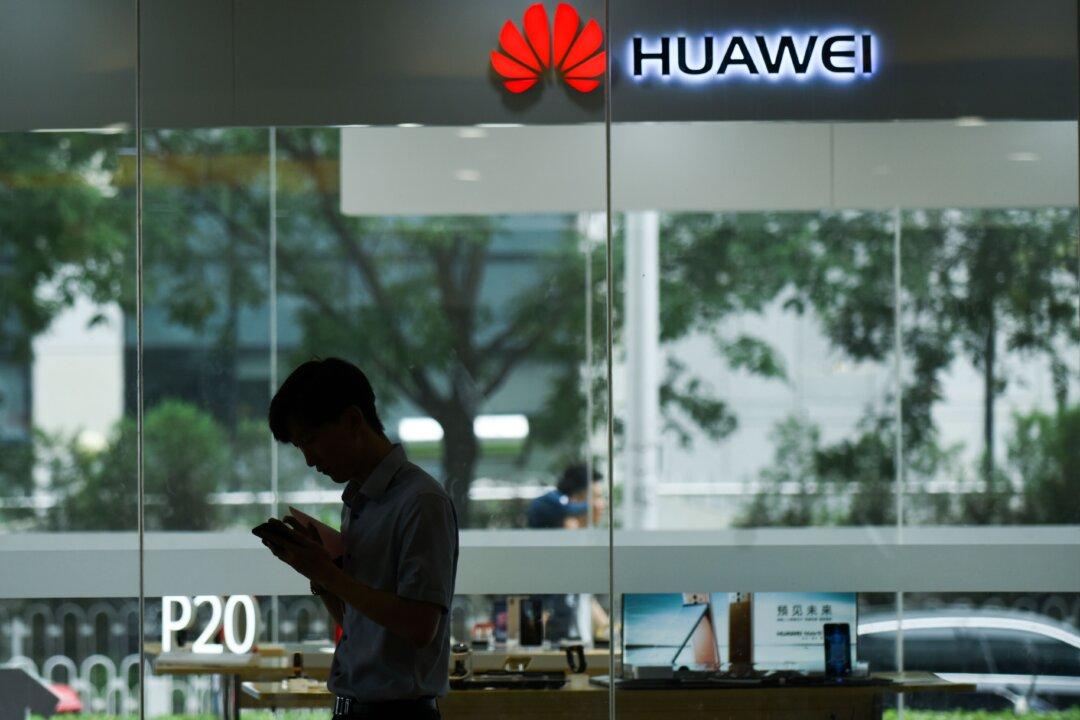NEWS ANALYSIS
Chinese telecom giant Huawei’s footprint in the development of the next generation of mobile technology in Canada has been a sore point for the country’s relations with its intelligence and security partners.

Chinese telecom giant Huawei’s footprint in the development of the next generation of mobile technology in Canada has been a sore point for the country’s relations with its intelligence and security partners.